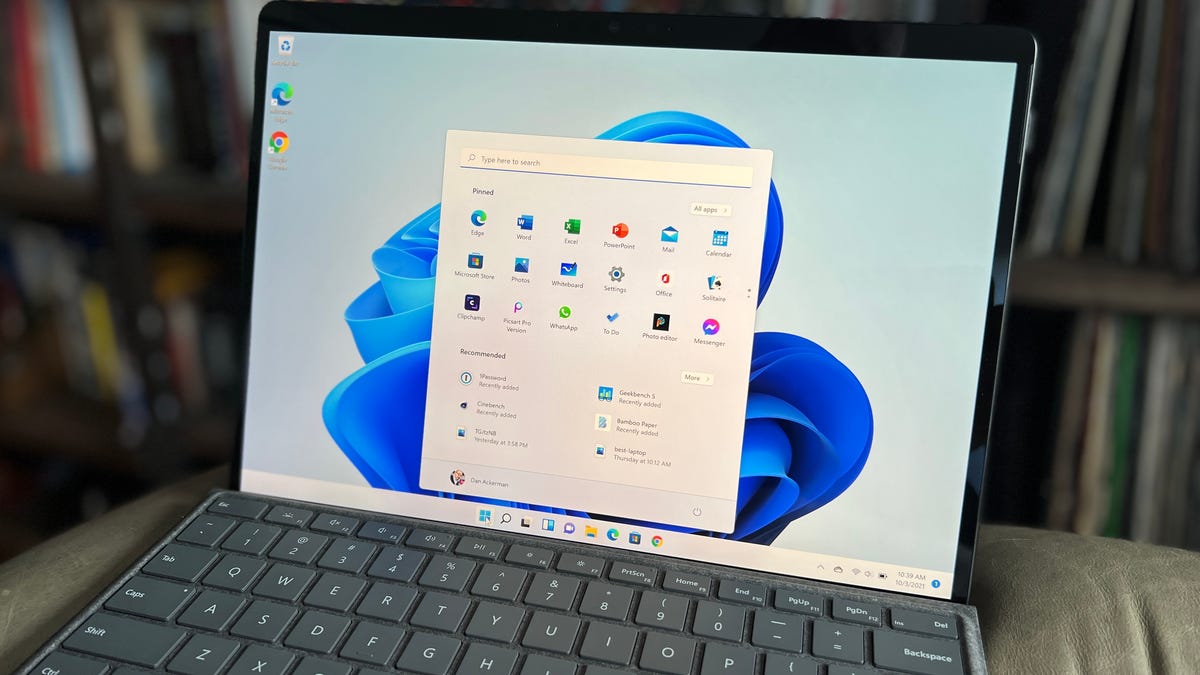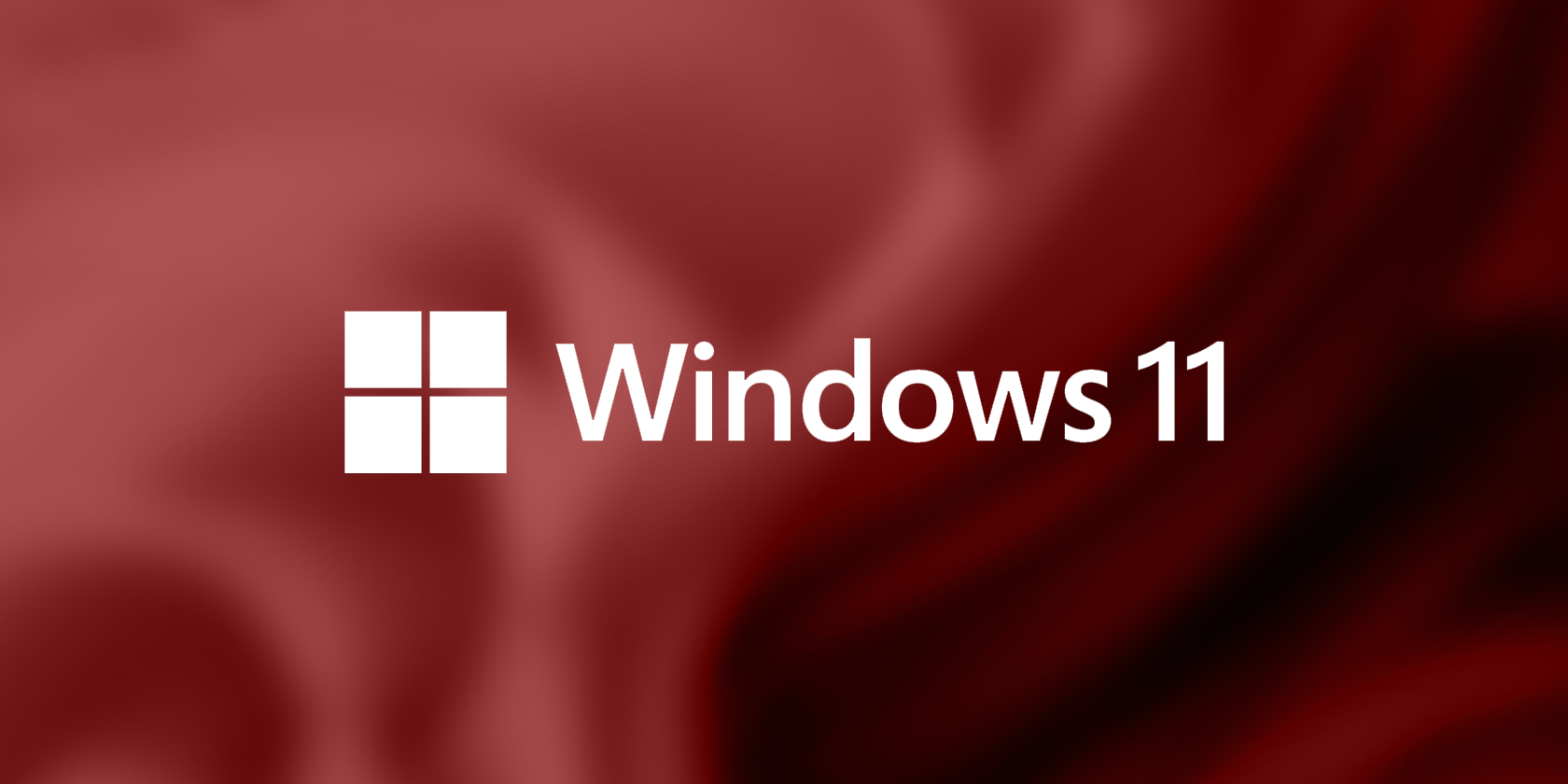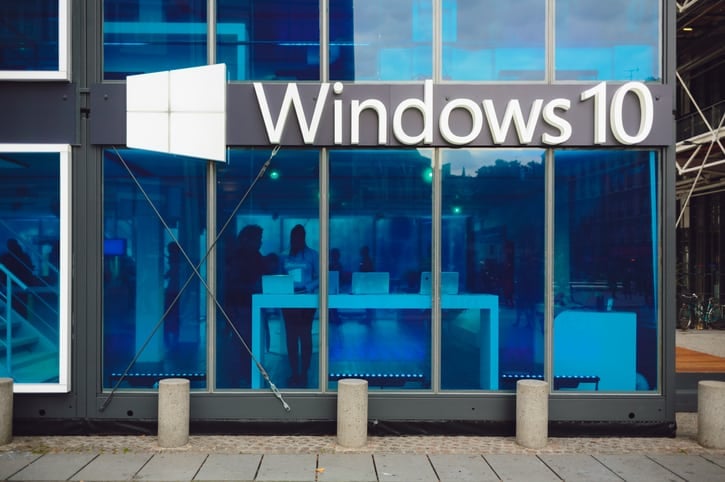I finally broke down and bought myself a shiny new 5800x (was only 20 bucks more than the 5600x) and Mobo and all that fun stuff and have 10 Pro on it at the moment.
I'm curious as to if moving to Windows 11 would give any performance benefits, stability issues with the OS? I mostly do gaming, web browsing, school work, nothing intensive like photo or video editing, might do some streaming to YouTube/twitch soon though.
Looking for thoughts from a consumer view outside of the chet and pcgamer articles.
I'm curious as to if moving to Windows 11 would give any performance benefits, stability issues with the OS? I mostly do gaming, web browsing, school work, nothing intensive like photo or video editing, might do some streaming to YouTube/twitch soon though.
Looking for thoughts from a consumer view outside of the chet and pcgamer articles.





